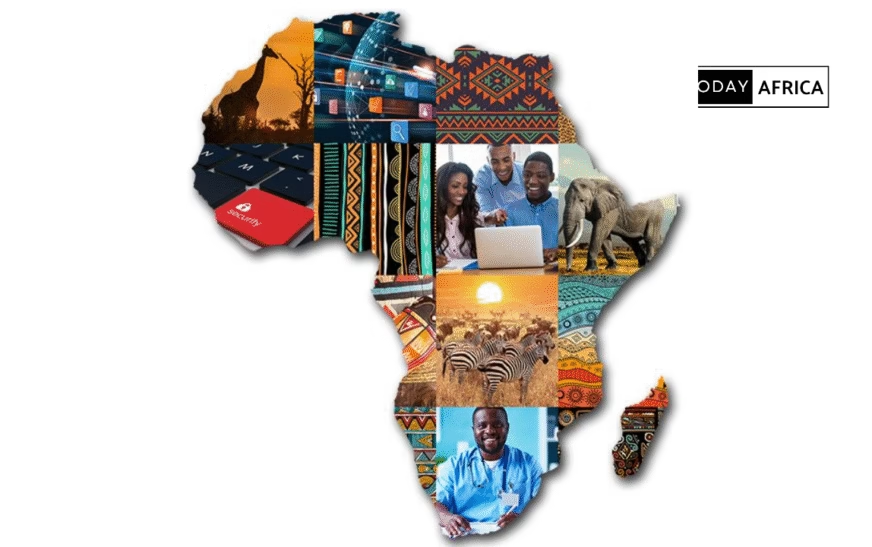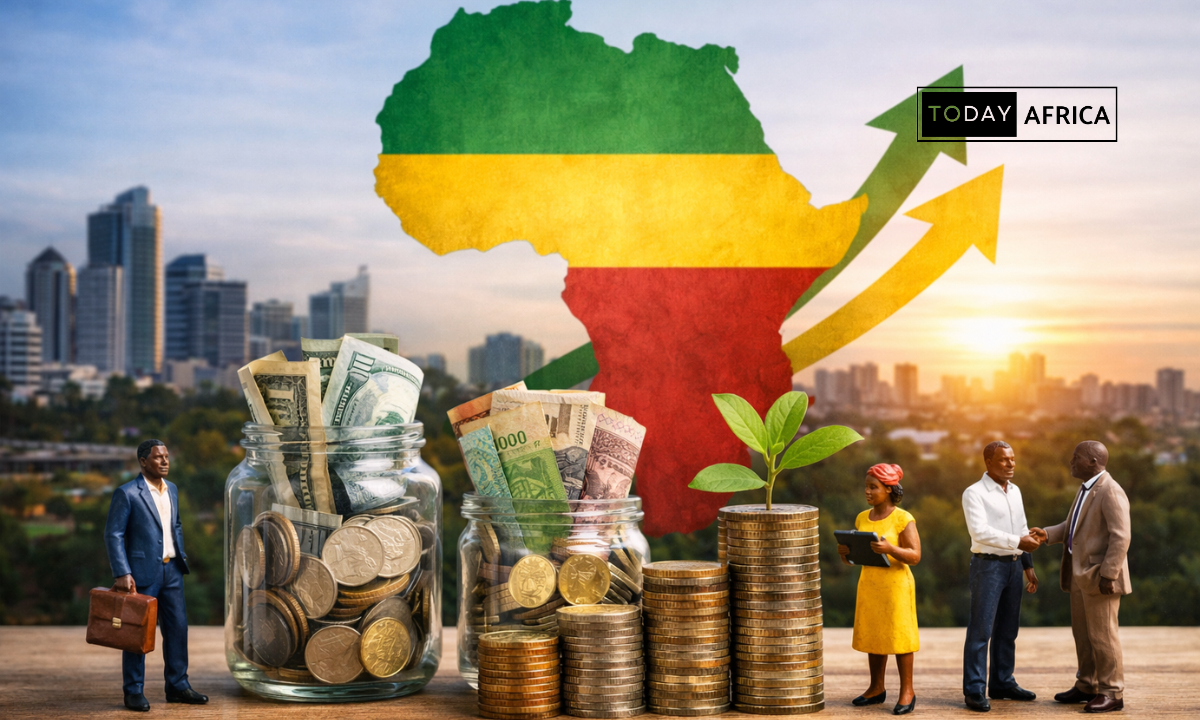Selling in Africa is rewarding but rarely fast. Deals that could close in weeks elsewhere often drag on for months—or even years—due to bureaucracy, cautious buyers, and complex decision-making.
For entrepreneurs, these long sales cycles can strain cash flow, test patience, and stall growth.
The good news is that with the right strategies, you can survive and even turn long cycles into an advantage.
In this post, we’ll explore how entrepreneurs can survive Africa’s long sales cycles, practical strategies to manage cash flow, and actionable insights you can apply today.
Why Africa’s Sales Cycles Are Uniquely Long
One of the defining features of the African business environment is bureaucracy. In many countries, purchasing decisions, particularly in public institutions, undergo several layers of approval.
A proposal may need to move from technical officers to senior management, then to a procurement committee, and finally to political appointees.
At each level, new questions are asked, documents are requested, and meetings are scheduled. What might take a few weeks in Europe or North America can easily stretch into several months or even years in Africa.
Economic realities compound the problem. Africa has a large number of small and medium-sized enterprises (SMEs), but many of them operate on thin margins and limited cash reserves.
Decision-makers in such businesses are cautious because a wrong purchase can destabilize the company. Even in larger organizations, leaders often require substantial proof of value before committing to significant expenditures.
This risk aversion slows down the entire process, particularly when dealing with new technologies or untested suppliers.
Cultural factors also play a role. In Africa, business is deeply relational. Buyers want to know who you are, what your values are, and whether they can trust you.
This means that before contracts are signed, entrepreneurs often need to invest months in building relationships, attending social gatherings, and becoming part of the community around their target clients.
While this takes time, it is an essential part of business success.
Read Also: How to Build a Product in Africa With Global Engineering Talent
How Entrepreneurs Can Survive Africa’s Long Sales Cycles (6 Strategies)
1. Master the art of relationship building
The first step to surviving Africa’s long sales cycles is mastering relationships. Trust is the single most important currency on the continent.
Contracts rarely close after a single meeting, no matter how brilliant your pitch is. Instead, potential clients watch how you show up consistently, how you communicate, and how you support their goals.
Building trust before selling means shifting your focus from immediate transactions to long-term partnerships. Entrepreneurs must be willing to engage prospects without pressing for immediate commitments.
For instance, if you are offering enterprise software, rather than sending repeated sales emails, you could organize workshops to educate potential clients on digital transformation.
By offering value before a sale, you position yourself as a trusted partner rather than a pushy vendor.
Another powerful strategy is leveraging internal champions. These are individuals within an organization who believe in your solution and advocate for you during internal discussions.
Without champions, proposals often get lost in the maze of bureaucracy.
With them, you gain an insider who can help speed up decision-making, answer objections, and keep your solution top of mind when budgets are being allocated.

2. Diversify revenue streams
One of the biggest dangers of long sales cycles is over-dependence on a small number of large contracts.
Many entrepreneurs chase government tenders or big corporate deals, only to find themselves cash-strapped while waiting for approvals. The key to survival is diversification.
Balancing short-term and long-term clients creates stability.
For example, a solar energy startup may target large institutional contracts with schools or hospitals, but while waiting for those deals, it can sustain operations by selling solar home systems directly to households.
This way, smaller transactions keep money flowing, even as the big contracts drag on.
Diversification is not only about clients. Entrepreneurs can also create adjacent products or services that are quicker to sell.
A health-tech company that builds complex hospital systems might also offer smaller digital tools, such as appointment booking apps or data dashboards, that individual clinics can adopt more easily.
These products keep cash flowing while building credibility for larger solutions.
3. Strengthen cash flow management
Cash flow is the lifeblood of any business, and in Africa’s context, it is even more critical. Long sales cycles mean that revenue is often delayed, while expenses—salaries, rent, utilities—remain constant.
Entrepreneurs who fail to manage cash flow effectively often collapse, not because their idea is flawed, but because they run out of money before deals close.
The first rule is building a war chest. This involves running lean operations, saving aggressively, and preparing for dry spells.
Many entrepreneurs make the mistake of expanding too quickly after one big contract, only to find themselves unable to sustain operations when the next deal takes too long.
Discipline in managing costs and maintaining reserves is essential for survival.
Smart use of financing is also key. Options such as invoice financing, venture debt, and short-term credit lines can help bridge the gap between signed contracts and actual payments.
The African Venture Capital Association has noted that over 60% of startup failures in Africa stem not from lack of demand, but from poor cash flow management.
Entrepreneurs who secure financing that aligns with their sales cycles position themselves for greater resilience.
See Also: How Founders Can Build an Investor-ready Data Room
4. Shorten the sales cycle where possible
While entrepreneurs must adapt to long cycles, they can also take steps to shorten them.
One effective method is educating the market early. Many buyers in Africa hesitate because they do not fully understand new solutions.
A startup introducing artificial intelligence tools, for example, may find that decision-makers are unfamiliar with how the technology applies to their business.
By offering free trials, hosting webinars, and running pilot programs, entrepreneurs can demystify their solutions and build confidence faster.
Flexible contract structures also help.
Buyers may resist large, upfront commitments, but they may be more comfortable starting small.
Offering phased payments, pilot projects, or modular services allows clients to ease into adoption. Over time, these small contracts grow into larger ones.
For instance, a health-tech company might introduce a three-month pilot program with a hospital. Once the hospital sees tangible results, the institution becomes more willing to commit to a full-scale rollout.
5. Leverage networks and ecosystems
No entrepreneur survives Africa’s sales cycles in isolation. Networks and ecosystems play a vital role in reducing barriers and accelerating trust.
Joining accelerators, incubators, or industry associations signals credibility to potential clients. Buyers often feel more comfortable signing contracts with companies backed by well-known institutions.
Partnerships with established brands can also cut through resistance.
A young startup may struggle to gain the trust of large corporates, but co-branding with a multinational or partnering with a recognized local company can open doors.
If clients see that a trusted player has already vetted you, they are far more likely to commit.

6. Manage the entrepreneurial mindset
Perhaps the most underestimated survival strategy is cultivating the right mindset. Long sales cycles test patience and resilience.
Many entrepreneurs burn out or abandon markets because the wait feels unbearable. Yet those who endure often find themselves rewarded with loyal clients and long-term contracts.
Patience becomes a competitive advantage. The entrepreneur who is willing to stay the course, nurture relationships, and play the long game will outlast competitors who give up too soon.
This is especially important in Africa, where contracts, once secured, can lead to years of repeat business.
It is also vital to shift focus from immediate revenue to relationship return on investment. Every pitch, every meeting, and every networking event should be seen as planting a seed.
Even if it does not produce immediate results, it contributes to the long-term pipeline. By maintaining this perspective, entrepreneurs can remain motivated while navigating delays.
See Also: How to Master Unit Economics in Low-margin African Businesses
Conclusion
Africa’s long sales cycles may be frustrating, but they don’t have to cripple your business.
Entrepreneurs who focus on building trust, diversifying income streams, managing cash flow wisely, and leveraging networks are the ones who stay afloat while others give up.
The real advantage comes from patience and persistence—because once contracts close, they often lead to loyal, long-term clients.
If you’re navigating these challenges, treat the waiting game as part of your growth strategy.
Surviving Africa’s long sales cycles is not just about endurance—it’s about turning time into an asset that strengthens your business.
Leave a comment and follow us on social media for more tips:
- Facebook: Today Africa
- Instagram: Today Africa
- Twitter: Today Africa
- LinkedIn: Today Africa
- YouTube: Today Africa Studio
















